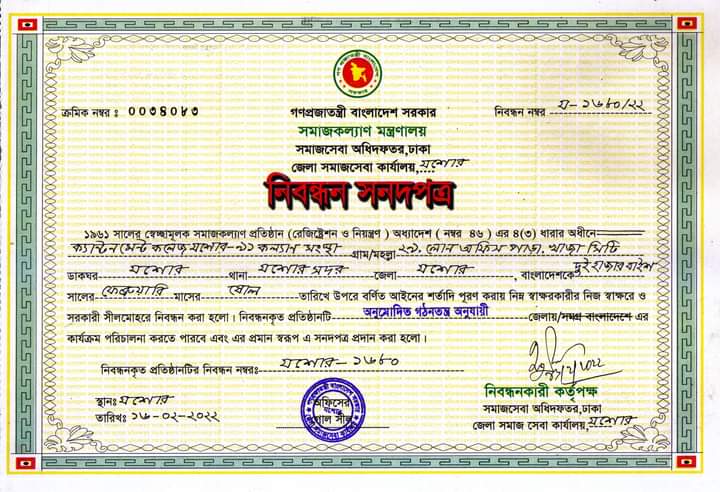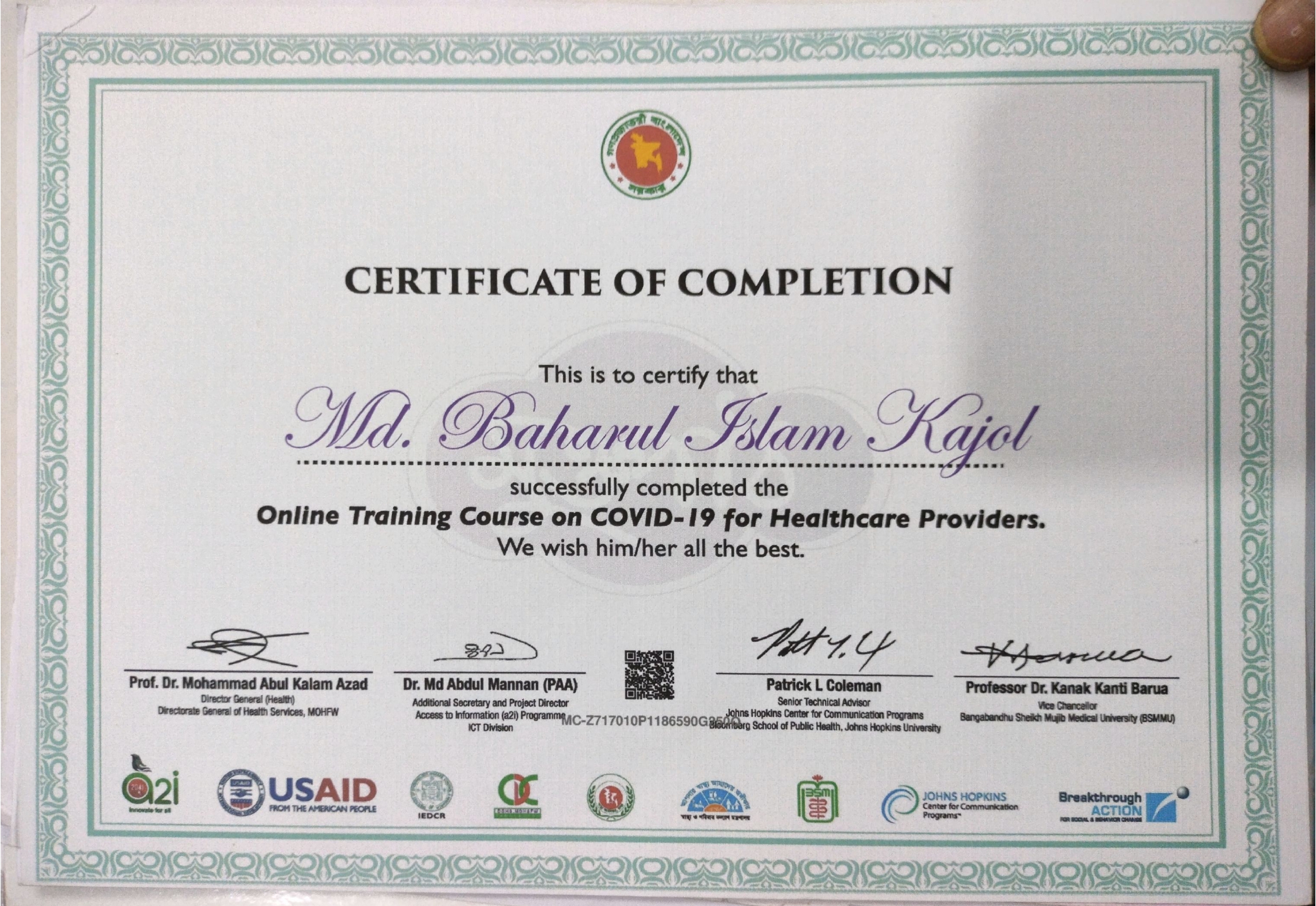Developing an online training course on COVID-19 for healthcare providers is a valuable initiative to ensure that frontline workers have the knowledge and skills necessary to effectively respond to the pandemic. Here’s an outline of what such a course could cover:
1. **Introduction to COVID-19**
– Overview of the coronavirus disease 2019 (COVID-19) pandemic
– Epidemiology and global impact
– Key features of the virus, including transmission, symptoms, and incubation period
2. **Infection Prevention and Control**
– Principles of infection prevention and control (IPC)
– Use of personal protective equipment (PPE) and appropriate donning and doffing procedures
– Environmental cleaning and disinfection protocols
3. **Diagnosis and Testing**
– Overview of COVID-19 testing methods, including molecular (PCR) and antigen tests
– Interpretation of test results and implications for patient management
– Criteria for testing and prioritization strategies
4. **Clinical Management of COVID-19**
– Treatment options for COVID-19, including antiviral medications, steroids, and supportive care
– Management of mild, moderate, and severe cases
– Special considerations for high-risk populations, such as older adults and individuals with underlying health conditions
5. **Public Health Measures and Epidemiology**
– Role of healthcare providers in public health surveillance and contact tracing
– Strategies for community engagement and communication
– Epidemiological principles and outbreak investigation techniques
6. **Vaccination**
– Overview of COVID-19 vaccines, including types, efficacy, and safety profiles
– Vaccine distribution and administration logistics
– Addressing vaccine hesitancy and misinformation
7. **Psychosocial Support and Mental Health**
– Psychological impact of the pandemic on healthcare workers and patients
– Strategies for self-care and resilience
– Providing psychosocial support to patients and families affected by COVID-19
8. **Ethical and Legal Considerations**
– Ethical principles in the allocation of scarce resources
– Legal obligations and liabilities related to COVID-19 care
– Professional responsibilities and scope of practice during a public health emergency
9. **Adapting Healthcare Delivery**
– Telemedicine and virtual care delivery models
– Adjustments to outpatient and inpatient workflows to minimize transmission risk
– Innovations in healthcare delivery in response to the pandemic
10. **Global Perspectives and Lessons Learned**
– Experiences from different regions and healthcare systems
– Challenges and successes in responding to the pandemic
– Strategies for building resilience and preparedness for future public health emergencies
This course could be delivered through a combination of interactive modules, case studies, videos, and quizzes to engage learners and reinforce key concepts. It should be regularly updated to reflect the evolving understanding of COVID-19 and best practices in healthcare delivery. Additionally, opportunities for virtual or live discussions and peer-to-peer learning can enhance the educational experience for participants.






Leave A Comment